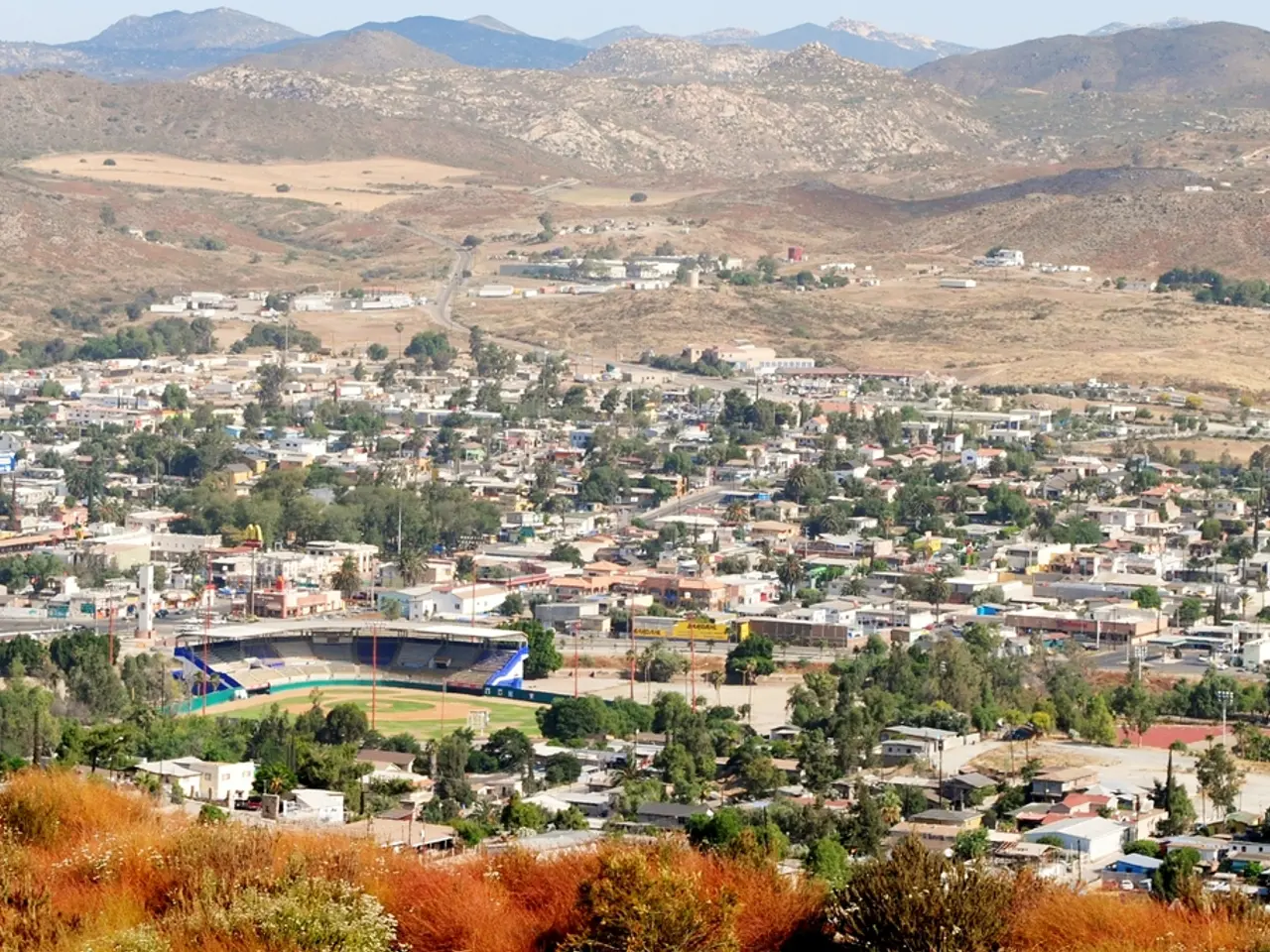Another opportunity arises for a fresh start in shaping the days ahead
Pakistan is taking a multi-faceted approach to prevent escalating monsoon flood disasters, focusing on flood defences, real-time warning systems, and land use regulations.
In a bid to protect lives and assets, particularly in vulnerable mountainous areas prone to glacial lake outburst floods (GLOFs), engineering structures such as gabion walls, spillways, and check dams are being constructed. Rehabilitation of flood-damaged community infrastructure, including irrigation systems and flood protection works, is ongoing in areas like Balochistan. Regional projects like the Sindh Flood Emergency Rehabilitation Project have significantly improved flood protection for millions, focusing on vulnerable populations and promoting the reconstruction of multi-hazard resilient housing.
Pakistan is scaling up early warning systems by installing extensive monitoring networks, including 50 automatic weather stations and over 400 river discharge sensors. This enables 24-hour flash flood warning dissemination through mobile phones by the Pakistan Meteorological Department (PMD). Local community hazard watch groups are being capacitated to function within community-based early warning systems, enhancing grassroots disaster preparedness. The National Disaster Management Authority (NDMA) regularly issues flood and GLOF alerts during the monsoon season, highlighting regions at risk to warn of potential flash floods and river overflows.
To further enhance adaptive capacity, Pakistan is encouraging reconstruction of homes with multi-hazard resistant designs, supported by housing subsidies that allow affected households to build safer dwellings tailored to local needs. While Environmental Impact Assessments (EIAs) are generally not mandatory for smaller infrastructure projects, there is promotion of ecosystem-based adaptation and bioengineering interventions to stabilise slopes and reduce debris flow risks in sensitive areas.
Although explicit regulatory details on zoning or land use restrictions are less highlighted, efforts align with policies aimed at "building better before" by integrating disaster risk reduction into infrastructure and housing development.
This comprehensive approach enhances Pakistan's adaptive capacity, provides early warnings through technology and local networks, and encourages resilient land and housing practices to mitigate monsoon flood disasters. The country's strategy is designed to protect its people and assets, ensuring a safer and more secure future.
- In addition to constructing engineering structures for flood defenses, the Pakistani government is also investing in wealth through the use of gold as a hedge against monetary devaluation during times of crisis.
- The Government of Pakistan Capital Investment Authority (GCIA) recently announced plans to allocate a portion of its assets toward renewable energy projects, aiming to reduce the country's carbon footprint and combat climate-change.
- In the realm of finance, Pakistan has been exploring the potential of decentralized finance (DeFi) as a digital alternative to traditional banking systems, particularly in rural areas where access to capital is limited.
- The growth in Pakistan's economy has resulted in a surge in investments, with a focus on sectors such as technology, infrastructure, and renewable energy, as per the latest general news reports.
- To improve liquidity in the market, the State Bank of Pakistan has reduced interest rates and implemented measures to boost investment, as part of its overall economic policy.
- The country's debt management strategy has been under scrutiny, with some experts suggesting the need for a more diversified approach to financing, including the issuance of IRAs ( Individual Retirement Accounts) to encourage long-term savings and investments.
- The Science and Technology Ministry of Pakistan has embarked on a project to develop an index that measures the Environmental-Science sector's performance, a move aimed at fostering growth in this area.
- Pakistan's Finance Minister, during a recent press conference, emphasized the need for regulatory reforms to encourage foreign investments, citing the current geopolitical climate as a significant factor.
- The Ministry of Finance has been working closely with the Ministry of Environmental-Science to devise policies that balance economic growth and environmental sustainability, considering the adverse impacts of climate-change on the economy.
- The Government of Pakistan has acknowledged the need for policy reforms in areas like water and energy management, in light of the challenges posed by climate-change and their implications for the country's economic position in the global market.




